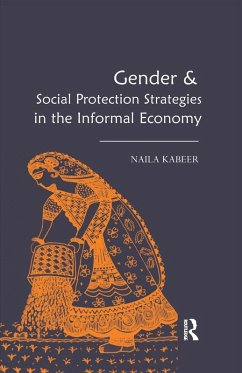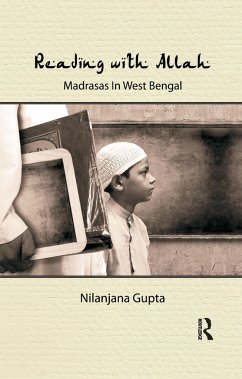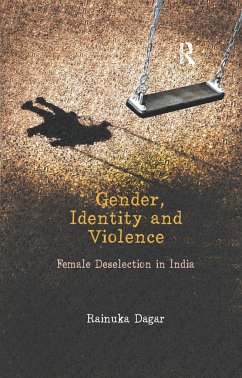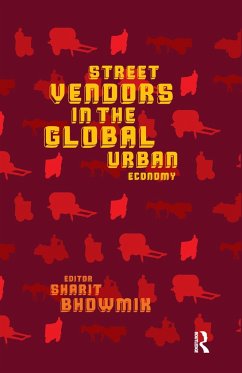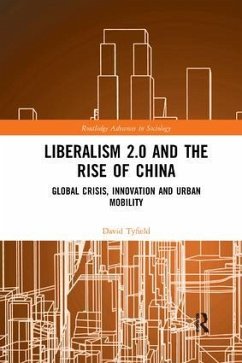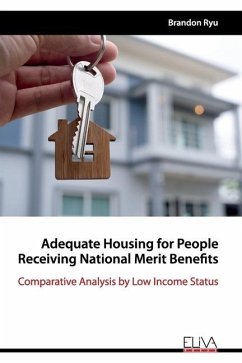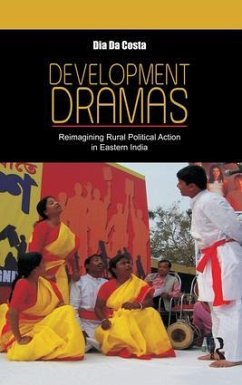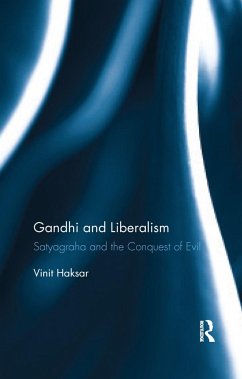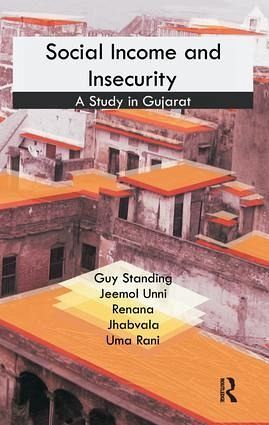
Social Income and Insecurity
A Study in Gujarat
Versandkostenfrei!
Versandfertig in 1-2 Wochen
70,99 €
inkl. MwSt.
Weitere Ausgaben:

PAYBACK Punkte
35 °P sammeln!
Economic liberalisation associated with globalisation is causing a pervasive growth of economic insecurity experienced all over the world. This is placing urgent demands on policymakers to rethink old policies and institutions. This book sets out a new approach to the assessment of income dynamics, based on identifying the diverse components of people's income and entitlements. It defines 'social income' as a broader concept of household income which includes state, community and private benefits. It shows how those components should be measured and provides a composite picture of the structur...
Economic liberalisation associated with globalisation is causing a pervasive growth of economic insecurity experienced all over the world. This is placing urgent demands on policymakers to rethink old policies and institutions. This book sets out a new approach to the assessment of income dynamics, based on identifying the diverse components of people's income and entitlements. It defines 'social income' as a broader concept of household income which includes state, community and private benefits. It shows how those components should be measured and provides a composite picture of the structure of incomes and support systems of different societal groups. It recognises how the structure of income, as well as its distribution, has been linked to policy and development dynamics. It starts from a premise that unless the totality of incomes and income support systems is taken into account, academics and policymakers cannot expect to develop appropriate interventions. This perspective is developed though a detailed household survey conducted in rural and urban areas of Gujarat in 2007-2008. This provides an up-to-date picture of how institutions, NGOs and the state system are operating in the context of rapid restructuring of village life in India.





